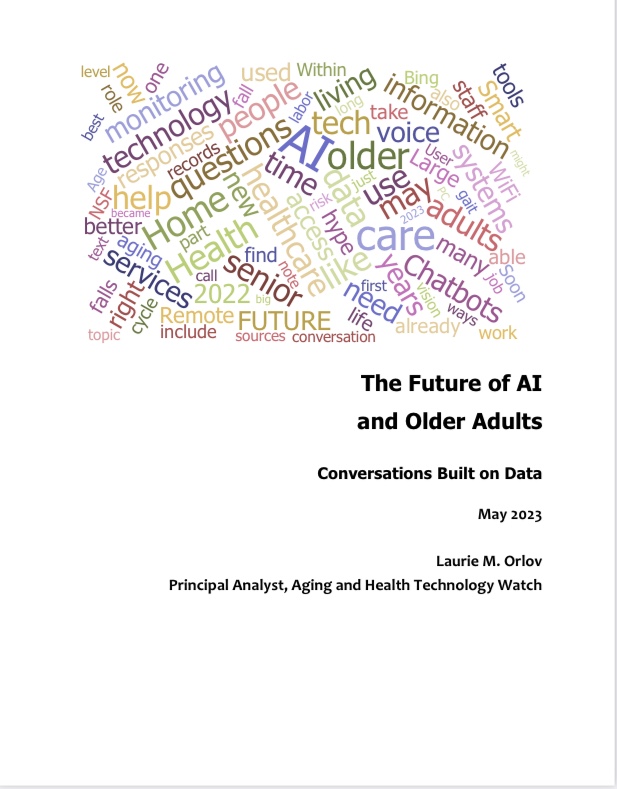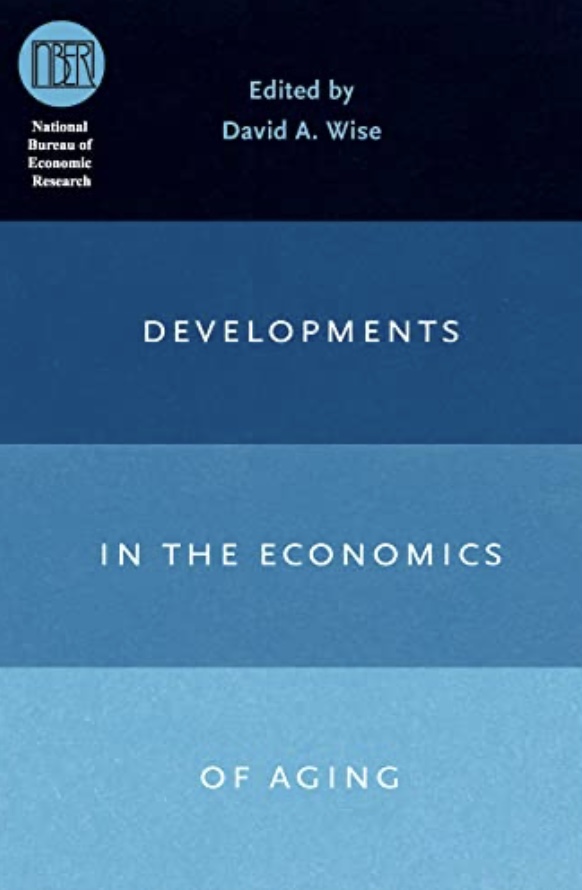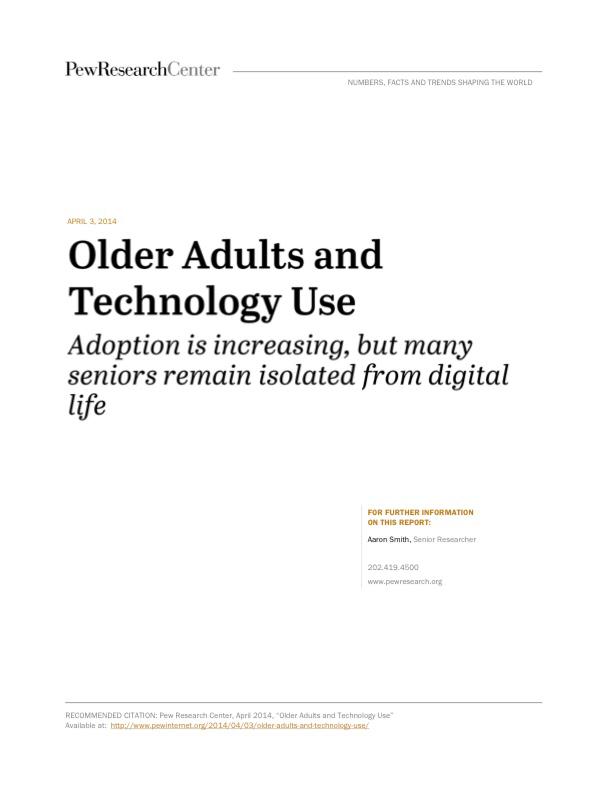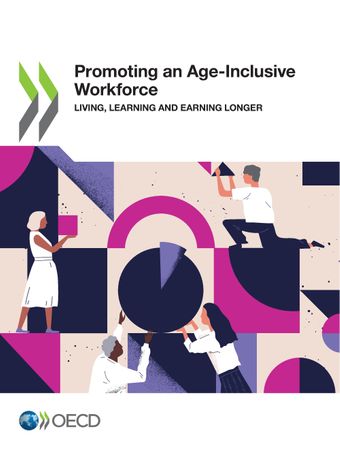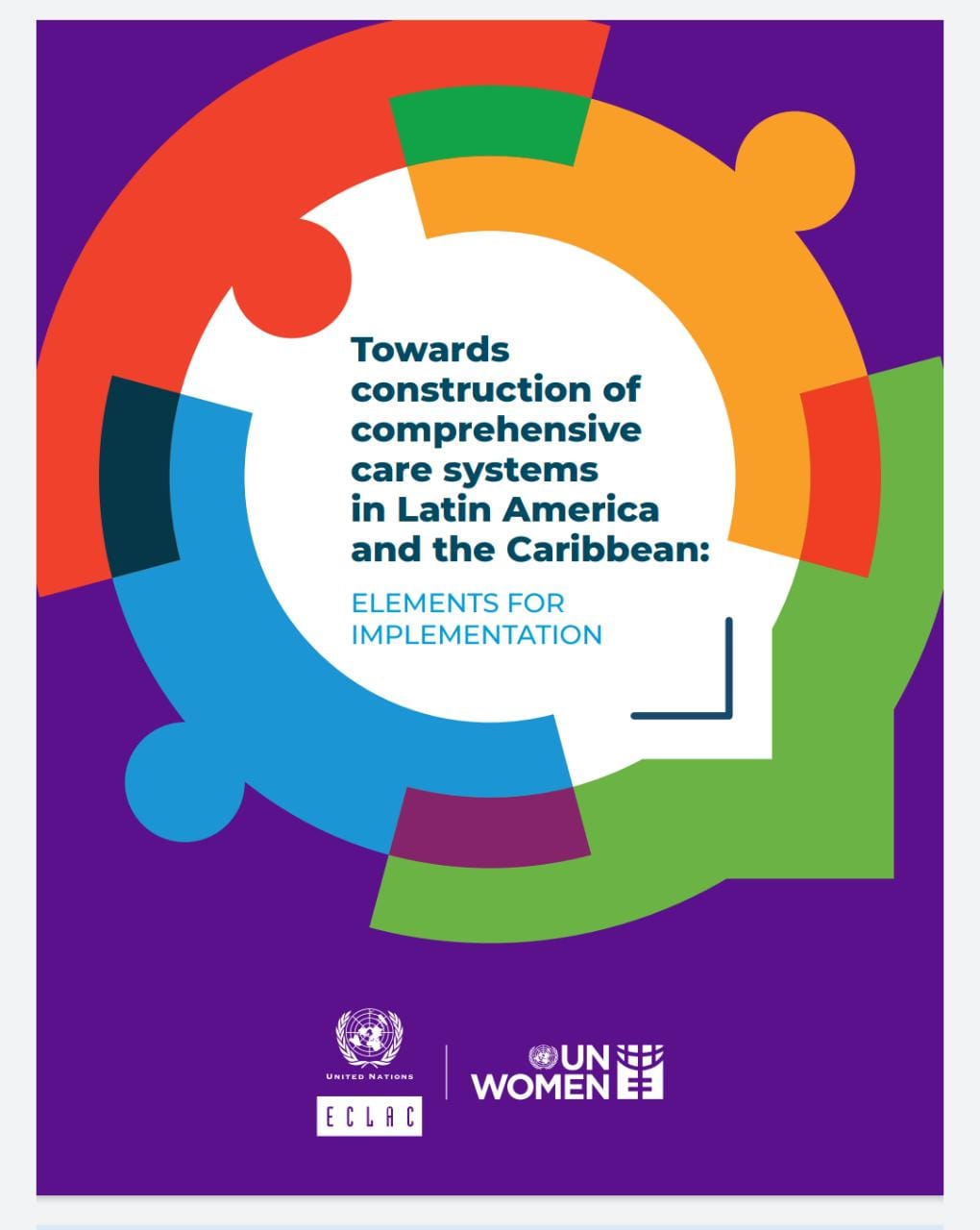The Future of AI and Older Adults
By Laurie M. Orlov Advances in AI got the full attention of the technology industry, which is undergoing its first major disruption since the arrival of smart speakers and voice in 2014. Multiple industries see compelling opportunities, including healthcare providers, senior living, customer service providers, training and remote monitoring service offerings. Government organizations are investing in AI and aging startups and programs. Although there are a number of barriers to adoption, in the not-so-distant future, machine learning, chatbots, and AI in the home...

